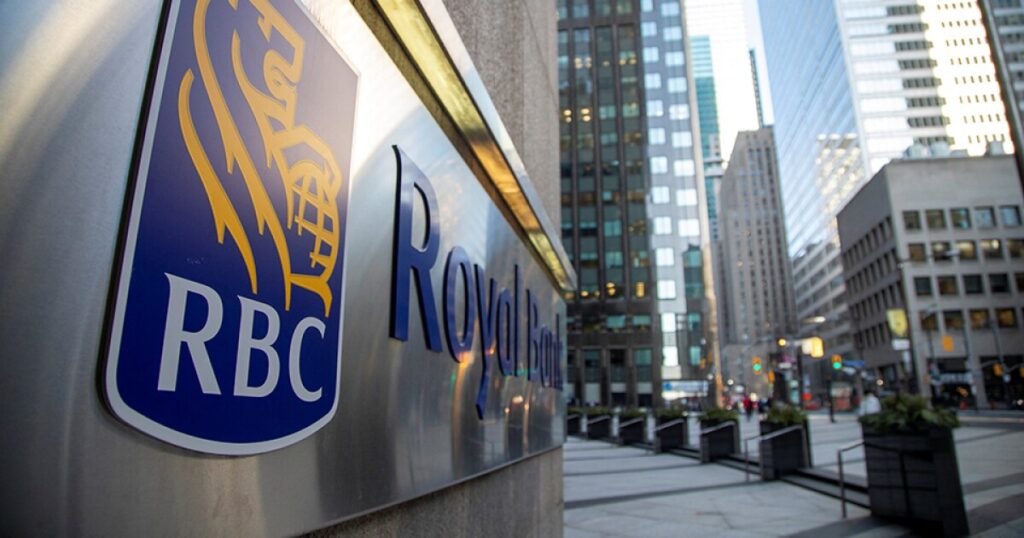Over 50% of Executives Cite Government Subsidies as Key to Emissions Reduction: RBC Survey

- Decarbonization potential: Canada’s electricity grids can significantly reduce emissions while boosting economic growth.
- Stalled momentum: Climate investment and public concern over climate change are slowing, threatening 2030 emission targets.
- Regional leadership: Alberta leads with a coal-free grid, cutting national electricity emissions by 12%.
Decarbonizing Canada’s electricity grids offers an unparalleled opportunity to cut emissions and spur economic growth, according to RBC Climate Action Institute’s latest report, Climate Action 2025: A Year for Rewiring. Despite gains, Canada risks falling short of its climate goals unless it accelerates progress.
“2025 is shaping up to be a year of climate uncertainty. Political change and economic frustration have challenged how businesses and governments are thinking about climate action, but these same forces also offer opportunities to advance our collective approaches in a new global reality,” says John Stackhouse, Senior Vice President, RBC.

The Data
- Progress made but insufficient: Canada’s emissions dropped by 0.8% in 2023, led by reductions in the electricity sector, yet projections show 2030 targets won’t be achieved until 2035.
- Investment slowdowns: Cleantech investments plummeted in 2024, with venture capital funding shrinking from an average of $650M to $158M due to global economic downturns.
- Public concern wanes: Only 14% of Canadians see climate change as a top-three concern, a sharp drop from 26% in 2019, potentially influencing policy priorities.
Bright Spots
- Alberta’s leadership: Alberta eliminated coal-based power six years ahead of schedule, leading to a national emissions reduction of over six megatonnes.
- Corporate action: Over half of surveyed Canadian executives point to government subsidies (55%), internal funding (53%), and executive buy-in (50%) as critical to emissions reductions.
Related Article: DuPont Increases Emissions Reduction Target
The RBC Climate Action Institute’s Climate Action Barometer—a proprietary tool measuring progress across policy, capital, emissions, and technology—shows that while action has nearly doubled since 2018, the pace of growth is slowing.
Case Studies in Action
Innovative companies are driving change.
- Canada Nickel is exploring ways to sequester carbon while mining ore.
- Semex is reducing methane emissions in dairy cattle through targeted agricultural methods.
These examples underline the critical role businesses play in achieving Canada’s climate objectives.
The Path Forward
With the 10th anniversary of the Paris Agreement approaching, Climate Action 2025 calls for bold action and new paradigms to reignite momentum. Stakeholders must work collaboratively to address investment gaps, reignite public interest, and ensure Canada’s climate commitments remain on track.
Read the full report here.
Follow ESG News on LinkedIn












